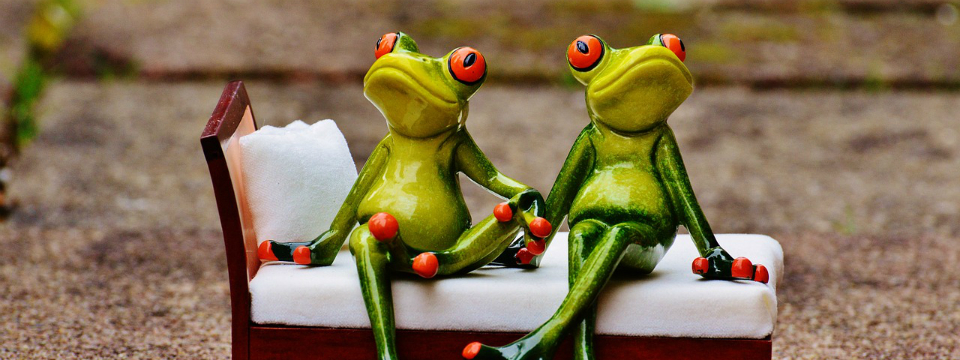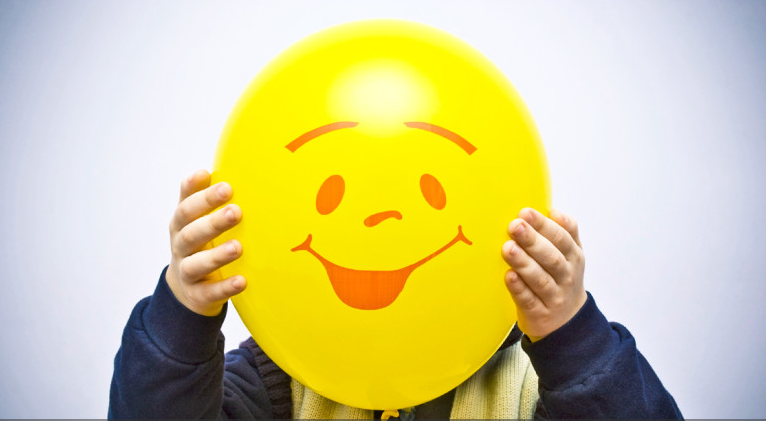You’ve got a friend: young people help each other with their mental health for 3.5 hours every week
By Benjamin Hanckel, Amelia Henry, Erin Dolan & Jasbeer Musthafa Mamalipurath, Reprinted from The Conversation Young people experience mental health difficulties at a higher rate than any other age group. While there’s ongoing discussion about the formal supports they need, young people say they’re most likely to speak with peers and friends – particularly when […]










